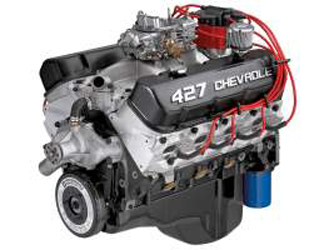P085A Engine Trouble Code
Meaning of P085A engine trouble code is a kind of powertrain trouble code and theoretically you can drive for a few weeks or even months with a broken MAF sensor. You will notice a decrease in gas mileage and over time the car will eventually start stalling a lot. At a shop, the replacement cost is between $240-$400 depending on the car, but that's usually the cost of parts because the labor is relatively simple.
P085A Fault Symptoms :
|
If one of these reasons for P085A code is occuring now you should check P085A repair processes.
Now don't ask yourself; What should you do with P085A code ? The solution is here : |
P085A Possible Solution:

|
Gasoline engines use spark plugs to cause an explosion of fuel within the cylinder. In a properly timed engine, this explosion occurs at the proper moment to send the piston to the bottom of the cylinder and provide power to the drive shaft. If the plug wires are out of sequence, the explosion occurs at the wrong time. The improper timing of the explosion sometimes pushes the cylinder the wrong direction or interferes with the turning of the crank. As a result, the engine stutters or backfires, if it runs at all. |
P085A Code Meaning :
| P | 0 | 8 | 5 | a |
|---|---|---|---|---|
| OBD-II Diagnostic Powertrain (P) Trouble Code For Engine | Intake Valve Control Solenoid Circuit Low | Engine Oil Temperature Sensor Malfunction | Cylinder 1 Injector Circuit Low |
The poor running symptoms are consistent with a MAP sensor malfunction. In addition, in some cases, a bad MAP sensor will not throw a code. Again, the ELD code likely represents a separate wiring issue.
P085A OBD-II Diagnostic Powertrain (P) Trouble Code DescriptionP085A engine trouble code is about .Main reason For P085A CodeThe reason of P085A OBD-II Engine Trouble Code is Engine Oil Temperature Sensor Malfunction. |
P085A code on vehicles with electronically controlled automatic transmissions, the 3-4 shift solenoid is responsible for actuating the hydraulic circuits to activate clutches or bands that change gears inside the automatic transmission.

